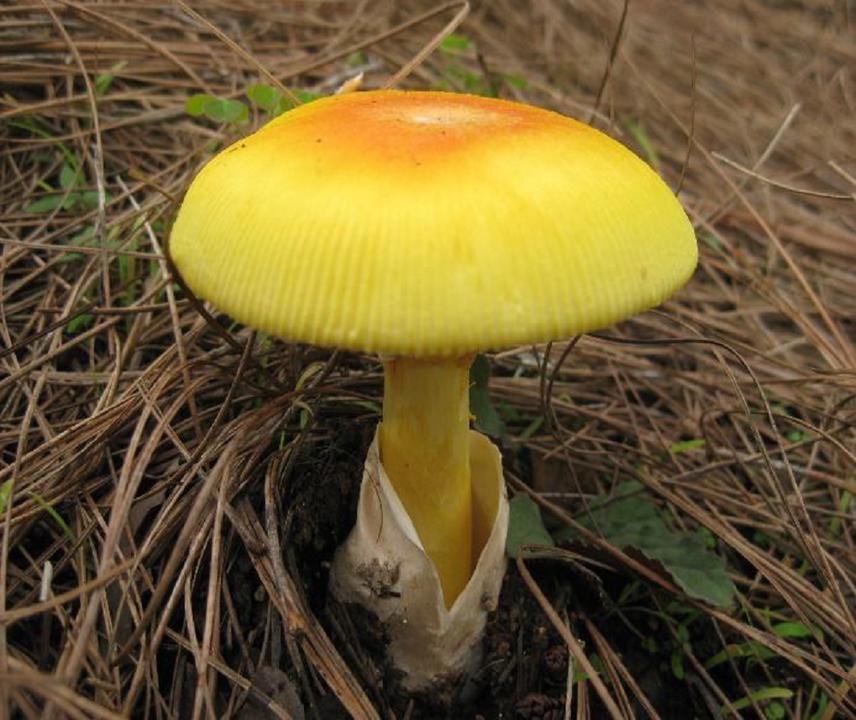Social media video featuring the project Radio SAFALTA
Shiva Devkota
The mycological investigation is scant in the Himalaya. This project is so much of interest and important to get in following frontiers of mushrooms knowledge and conservation in Nepal.
A) Long-term socio-ecological monitoring: Nepal is committed to successfully implement the Convention on Biological Diversity and meet the objectives. Thus, it is critical to explore and establish an ecological baseline of wild mushrooms as of others biological entities.
B) Contribution to achieve national and global commitment: This project will help to meet Nepal’s national conservation priorities improving understanding of the wild mushrooms; and contribute to achieving 2020 Targets and Sustainable Development Goals (SDGs) specifically target 5, 7 and 12.
C) Documentation of indigenous local knowledge (ILK): This project will document the ILK on different aspects of wild mushrooms.
D) Strengthening a model of adaptive management: A strong partnership among stakeholders will build through adaptive learning and sharing on wild mushrooms.

Understanding the causal and correlative factors related to mushrooms diversity could be helpful in ascertaining which areas are likely to support high diversity or a unique group of species. This study will identify their diversity, ecology, and factors effecting their distributions in the southern flanks of Annapurna Conservation Area (en route to Annapurna Base Camp starting from Birethanti) with hyper-oceanic climate. Proposed site is less understood in terms of fungal diversity though this area harbours luxuriant forests, meadows and cultural diversity starting from tropical to alpine scrub; and high degree of endemism is expected.
Nepal is an inclusive and multicultural country with 125 casts and ethnic groups with their own ethno-ecological knowledge and understanding. In majority of the cases, their ethnic knowledge and traditional practices have been preserved as unwritten (oral) folklore. Nepal, a signatory of the Convention on Biological Diversity and a member of World Trade Organization is committed to the conservation of biological diversity and indigenous knowledge linked to the use of the biological resources. Thus, it is imperative to document and protect indigenous knowledge, skills and practices before their erosion and misappropriation starts. This study will document such knowledge associated with wild mushrooms, among the local communities to formulate evidenced based conservation strategy.
Mushrooms poisoning is serious threat in Nepal though Nepal Government and concerned authorities have not paid their serious interests to address such cases. This project will help to increase awareness among locals, about the edibility of wild mushrooms to make them aware and to prevent or minimize such tragedies.
Management and conservation of mushrooms resource can be assured with an in-depth understanding of the biological, ecological, social, legal aspects and their interactions. Through the involvement of local stakeholders, this research will help to conserve genetic resource of mushrooms in its wild habitat, and to disseminate findings and knowledge for the sustainable harvesting and management of resources.